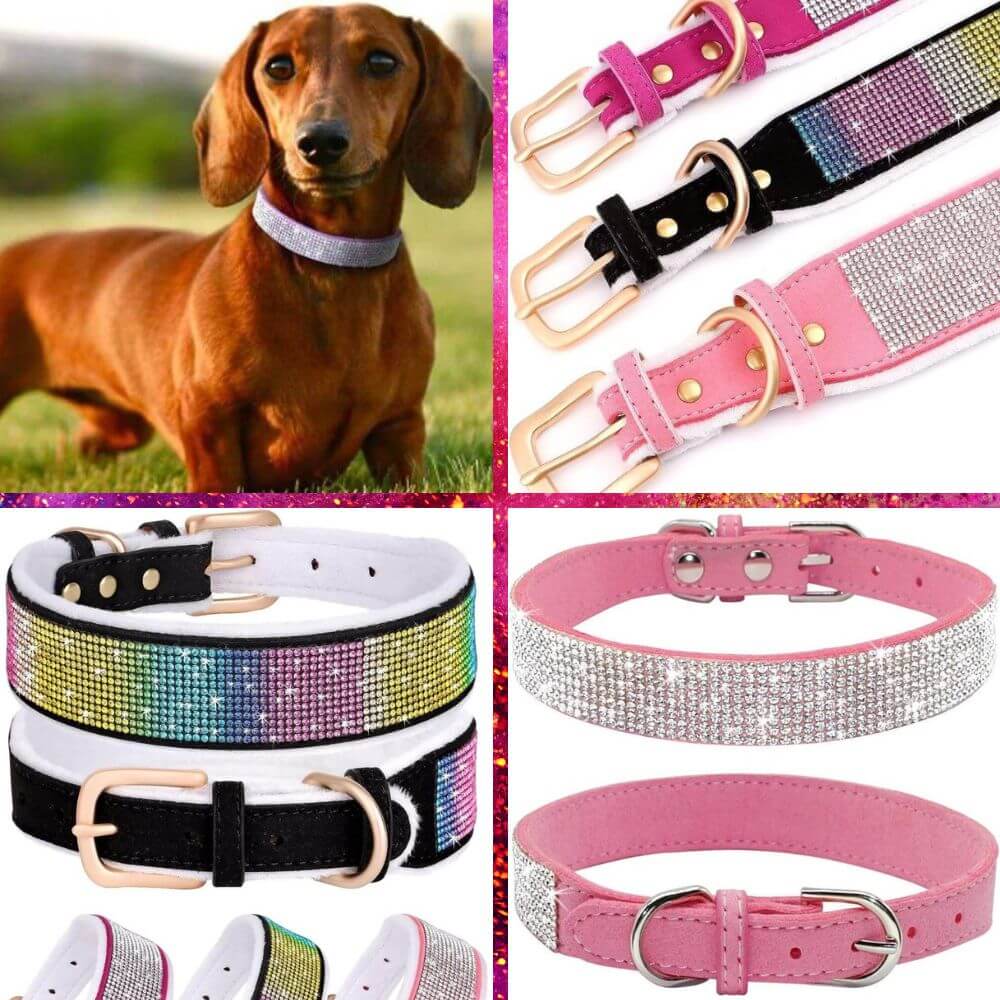What Kind of Collar is Best for Your Furry Friend in 2023
Selecting the perfect collar for your furry friend is no small feat, considering the wide variety of options available. Your dog’s comfort, safety, and happiness depend on making the right choice. But fear not, we’re here to help you navigate the world of dog collars and find the perfect one that suits your dog’s specific needs, size, and lifestyle. In this comprehensive guide, you’ll learn “what kind of collar is best for a dog” by exploring different collar types, their benefits, and alternatives to avoid, ensuring that both you and your canine companion are happy and comfortable.
In the following sections, we’ll delve into the factors that should be considered when deciding on a collar for your dog, such as size, breed, activity level, and specific needs. We’ll also explore popular collar types, including comfortable flat collars, durable leather collars, adjustable martingale collars, and high-tech smart collars. Moreover, we’ll discuss collar types to avoid and their gentler alternatives, as well as the importance of proper fitting and care for your dog collar. Let’s begin!
Key Takeaways
- Determining the ideal collar for your dog requires an evaluation of size, breed, activity level and specific needs.
- Popular collar types offer benefits such as comfort and versatility. It is important to avoid choke, prong and shock collars.
- Proper fitting & care through accurate measurement, a snug fit & regular cleaning/inspection are essential for safety & well-being.
Determining the Ideal Collar for Your Dog
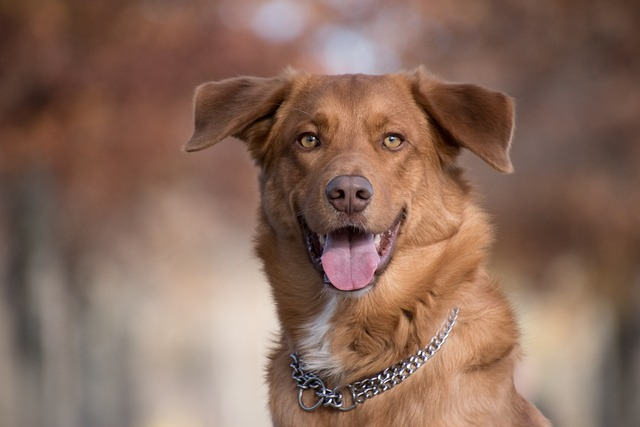
Choosing the right collar for your dog is pivotal as it directly impacts their comfort, safety, and overall well-being. Selecting the perfect collar involves taking into account factors like size, breed, activity level, and specific needs. Understanding these factors will help you decide which collar type is best suited for your canine companion, whether it be a comfortable flat collar, a durable leather collar, an adjustable martingale collar, or even a high-tech smart collar.
Different collar types come with unique benefits and drawbacks, which we’ll discuss in more detail later. However, the goal is to find a collar that addresses your dog’s specific needs without causing any discomfort or harm. Evaluating your dog’s size, breed, activity level, and specific requirements enables you to make an informed decision, guaranteeing your furry friend’s happiness, comfort, and safety in their new collar.
Assessing Your Dog's Size and Breed
The size and breed of your dog are crucial considerations when selecting a collar as they influence the choice of collar based on their strength, neck size, and hair type. For example, a sturdy, wide collar with a strong buckle is recommended for large and powerful dogs, ensuring their safety and comfort during walks. Box stitching and metal hardware are also suggested features to consider when selecting a collar for large and powerful dogs, providing added durability. Nylon or leather are suitable materials for collars for large and powerful dogs, as they can withstand their strength.
For long-haired dogs that tend to mat around the neck, a rolled leather collar is recommended to prevent any discomfort or damage to their fur. Rolled leather collars are particularly suitable for breeds like:
- Poodles
- Rough Coated Collies
- Doodles
- Yorkies
These breeds have long fur or a double coat. Assessing your dog’s size and breed allows you to select a collar that combines comfort and effectiveness for your canine companion.
Considering Your Dog's Activity Level
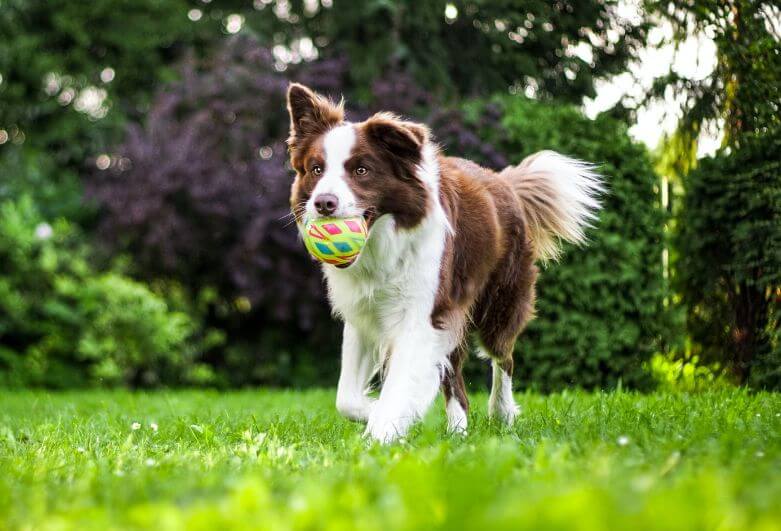
The activity level of your dog is another significant factor in choosing the perfect collar. If your dog enjoys swimming or outdoor adventures, it’s important to choose a collar that can withstand their active lifestyle. Waterproof collars are recommended for dogs that partake in water-based activities or outdoor activities in wet conditions, as they are designed to resist water damage. Some waterproof collars are crafted from materials such as Biothane, PVC-coated nylon, and polyester, ensuring durability and comfort during your dog’s favorite activities.
Biothane collars, in particular, provide the following benefits for dogs:
- Comfort: They offer similar comfort to leather and do not pull on a dog’s fur.
- Reduce fur pulling: They are suitable for dogs that have a tendency to pull on their fur.
- Suitable for swimming: They are an ideal choice for water-loving dogs that are exposed to saltwater or enjoy swimming in the pool. Wet dog, no worries with these dog collars.
However, it’s important to note that waterproof collars are generally more rigid, so they may not be suitable for extended wear or dogs with sensitive skin.
Taking into account your dog’s activity level helps in selecting a collar that aligns with their lifestyle and ensures their comfort and safety.
Identifying Specific Needs
Identifying any unique needs your dog may have, like a tendency to pull or escape, can influence the choice of collar. For dogs undergoing training, a harness, a well-fitted nylon martingale, or a head halter can be effective tools in teaching them desired behaviors. Secure-fitting harnesses or a martingale collar are recommended for dogs that are known to escape, as they provide increased control and prevent the dog from slipping out of the collar.
When properly fitted and utilized correctly, head collars can be deemed safe for training by most professionals. However, it’s important to consult with a professional trainer to determine if a head collar is suitable for your dog and to receive guidance on the correct size, fitting, and usage. Keep in mind that a head collar may not be suitable for all dogs and should be avoided with dogs that have neck injuries or are prone to tracheal collapse.
Recognizing your dog’s unique needs assists you in choosing a collar that caters to these needs while guaranteeing their safety and well-being.
Popular Collar Types and Their Benefits
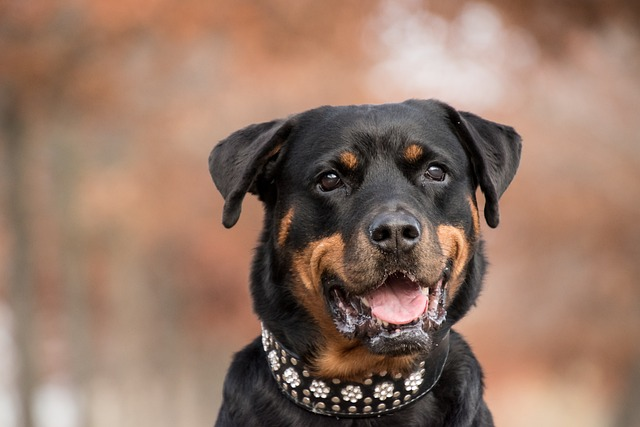
Now that we’ve discussed the factors to consider when choosing a collar for your dog, let’s delve into the popular collar types and their benefits. Some of the most popular collar varieties are:
- Flat collars
- Leather collars
- Martingale collar
- Smart collars
Each collar type has its own advantages. Understanding the benefits of each collar type enables you to make an informed decision about the most suitable one for your dog and their unique needs.
Whether you’re looking for a comfortable dog collar for everyday use, such as a flat collar, a stylish and durable leather collar, an adjustable martingale collar for increased control, or a high-tech smart collar with GPS tracking and health monitoring capabilities, there’s a collar type to suit every dog’s needs and a wide variety of dog collars to choose from.
In the following sections, we’ll explore each collar type in more detail, discussing their benefits, drawbacks, and recommendations for proper fitting and care.
Comfortable Flat Collars
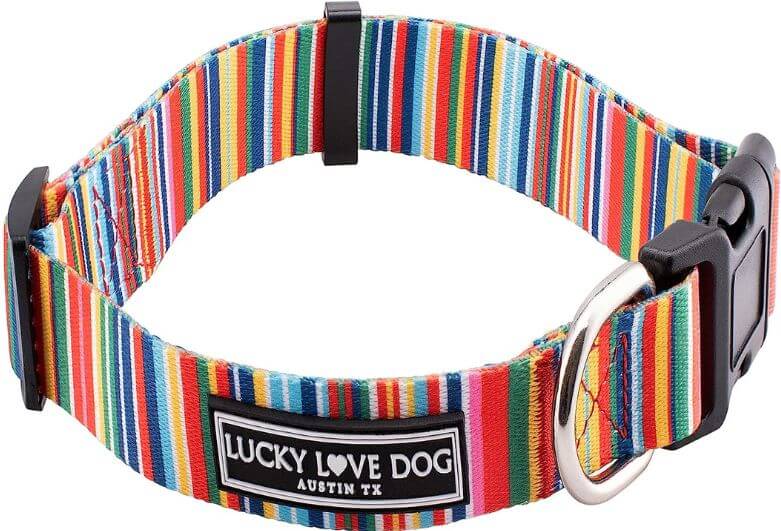
Flat collars are highly versatile, comfortable, and easy to use, making them suitable for most dogs and a fashion statement also. They are constructed from durable nylon or other materials and feature plastic or metal quick-release closures, ensuring a secure fit for everyday use.
To ensure a comfortable fit, a flat collar should be adjusted so that two fingers can be inserted comfortably beneath the collar. The ring on a flat collar is utilized to attach dog ID tags and a leash, making it a practical and convenient collar type for daily walks and outings.
Flat collars are an excellent option for those seeking a comfortable and versatile collar for their furry friend.
Durable Leather Collars
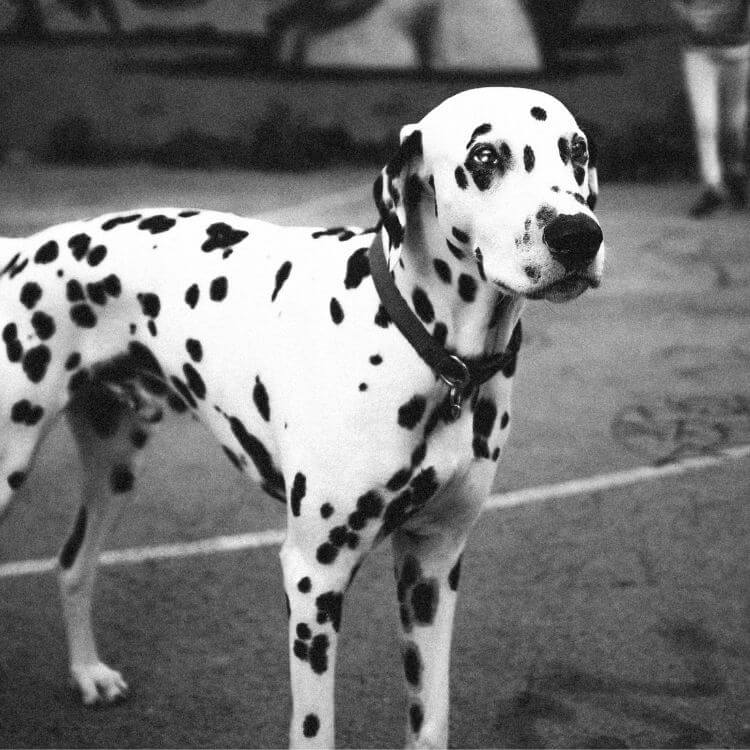
Leather dog collars are known for their durability, strength, and aesthetic appeal, making them popular for dog owners who value style and quality. These collars are crafted from leather, a material renowned for its durability and longevity. Leather collars are comfortable for dogs and can last for many years with proper care, making them a worthwhile investment for your canine companion.
However, leather collars do have some drawbacks. They can be more expensive compared to other collar types and may not be suitable for water-based activities, as leather can become damaged when exposed to water. If your dog enjoys swimming or water-based activities, a waterproof or Biothane collar may be a more suitable option.
Despite these drawbacks, leather collars remain a popular and stylish choice for many dog owners.
Adjustable Martingale Collars
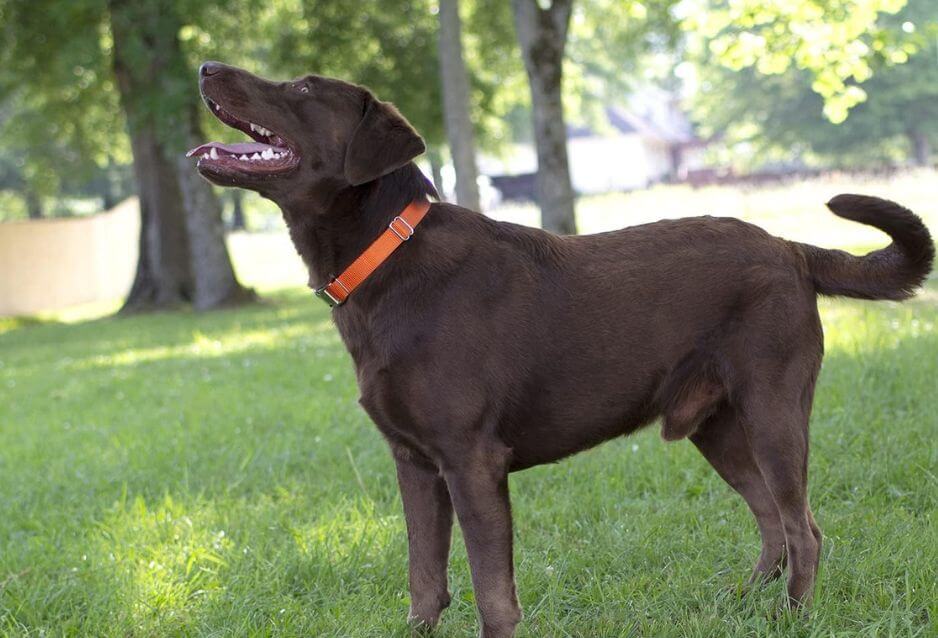
Martingale collars, also known as limited slip collars, are designed to provide a more gentle way of transmitting commands and preventing escape compared to traditional choke collars. These collars:
- Are adjustable
- Offer more control than flat collars
- Are ideal for dogs prone to slipping out of collars or for those who require additional control during walks
- Are particularly suitable for sighthounds, although they can be used on most dog breeds
When fitted correctly, the martingale collar provides a comfortable and secure fit for your dog, ensuring their safety during walks and outdoor activities. These collars are an excellent choice for dog owners looking for a more gentle and humane alternative to choke and prong collars. With proper fitting and care, a martingale collar can be an effective and comfortable option for your furry friend.
High-Tech Smart Collars
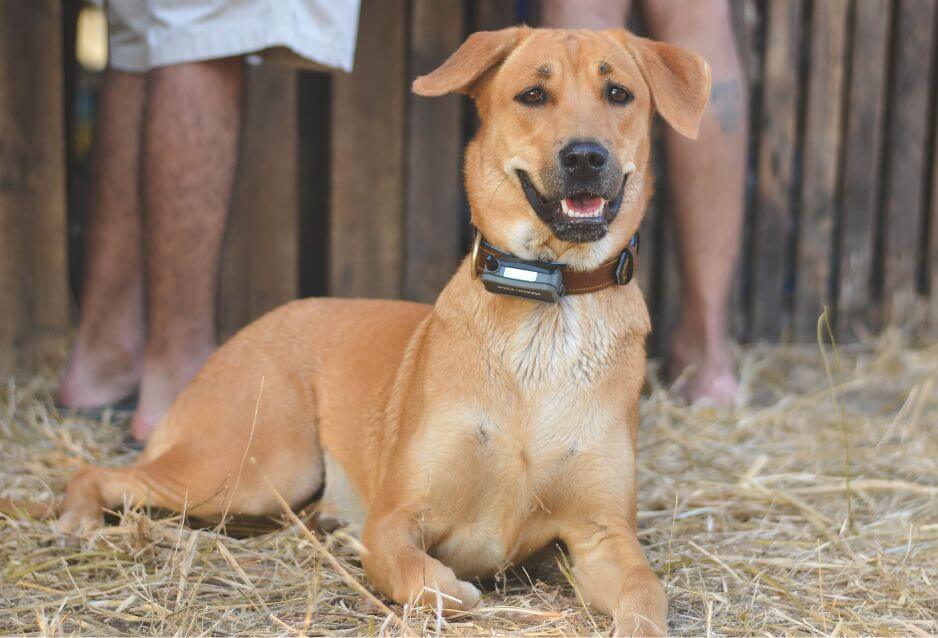
For dog owners seeking advanced features and technology, smart collars offer an array of innovative functions, such as GPS tracking, behavior monitoring, and training assistance. These high-tech GPS tracking collars can provide valuable insights into your dog’s health and well-being, helping you make informed decisions about their care and training. Smart collars can be an excellent choice for tech-savvy dog owners who want to keep a close eye on their canine companions.
However, smart collars may not be suitable for all dogs. They can be costly and may not be comfortable or practical for smaller dogs and puppies, as the devices can be large and cumbersome. Additionally, not all smart collars are waterproof, so they may not be ideal for dogs that enjoy water-based activities. It’s important to consider your dog’s specific needs and lifestyle when deciding whether a smart collar is the right choice for your pooch.
Collar Types to Avoid & Alternatives
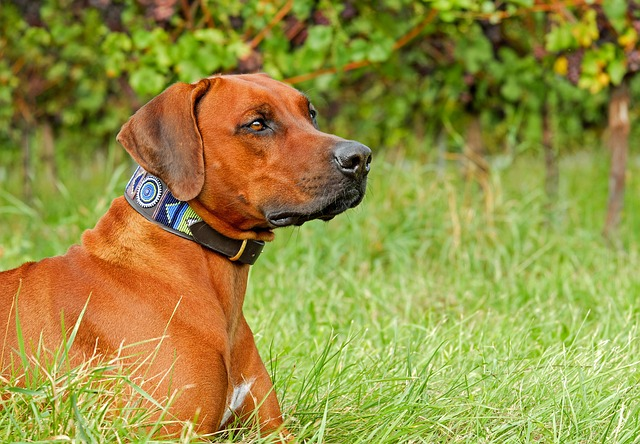
While there are many collar types available, some should be avoided due to their potential for causing harm and employing negative training methods. The following collar types are not recommended:
- Choke collars, which can cause skin injuries and psychological distress
- Prong collars, which can cause skin injuries and discomfort
- Shock collars, which can cause psychological distress and other negative effects on your dog’s well-being.
Aversive collars, which use unpleasant stimuli to discourage undesirable behaviors Instead, consider gentler alternatives like harnesses, a martingale collar, or head collars, which focus on positive reinforcement and ensure your dog’s comfort and safety.
By opting for gentler collar types and avoiding potentially harmful options, you can promote a positive and comfortable relationship between you and your dog. With proper fitting, care, and consideration of your dog’s specific needs, you can find the perfect collar that ensures their safety, comfort, and happiness.
Choke & Prong Collars
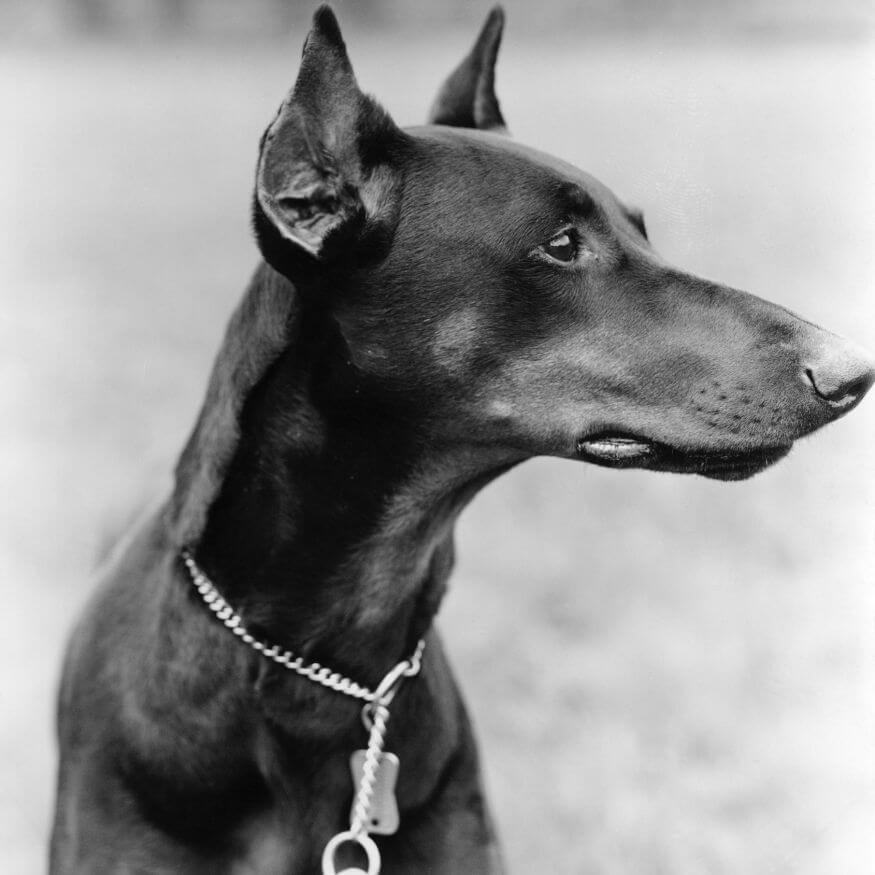
Choke and prong collars, also known as pinch collars, can cause injury and discomfort to your dog, as they rely on pain and punishment to stop unwanted behaviors. When your dog pulls on the leash, these collars tighten around their neck, causing an uncomfortable sensation that can lead to:
- Skin injuries
- Neck pain
- Tracheal damage
- Behavioral issues
It is recommended to use positive reinforcement training methods and humane tools, such as a flat collar or a harness, to ensure the safety and well-being of your dog, especially when addressing issues like dogs bark.
Due to these potential risks, it’s best to replace choke collar and prong collars with gentler options like a martingale collar or harnesses, which provide increased control without causing harm. By choosing a gentler alternative, you can ensure your dog’s comfort and safety while still effectively addressing their pulling or escape tendencies.
The Martingale collar and harnesses offer a more humane and positive approach to training and controlling your dog, making them a better choice for both you and your best dog friend.
Shock Collars
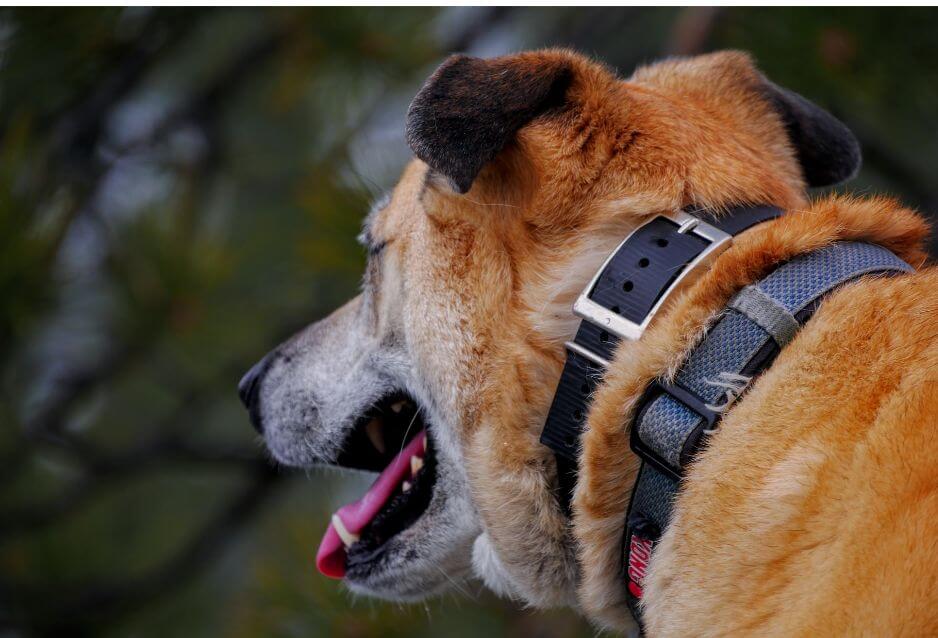
Shock collars are another type of collar that is not advised, as they rely on punishment rather than positive reinforcement to correct unwanted behaviors. These electronic collars deliver an electric shock to your dog when activated by a remote control or a collar-mounted sensor. The use of shock collars can result in:
- Psychological distress
- High stress levels
- Phobias
- Heightened aggression
- Depression
- Anxiety
- Physical injuries such as electrical burns
Instead of using a shock collar, consider using a no-pull harness or head collar, which provides a more positive and gentle approach to training and controlling your dog. By focusing on positive reinforcement and avoiding the use of shock collars, you can build a happier, healthier relationship with your canine companion while ensuring their comfort and safety.
Proper Fitting and Care for Your Dog's Collar
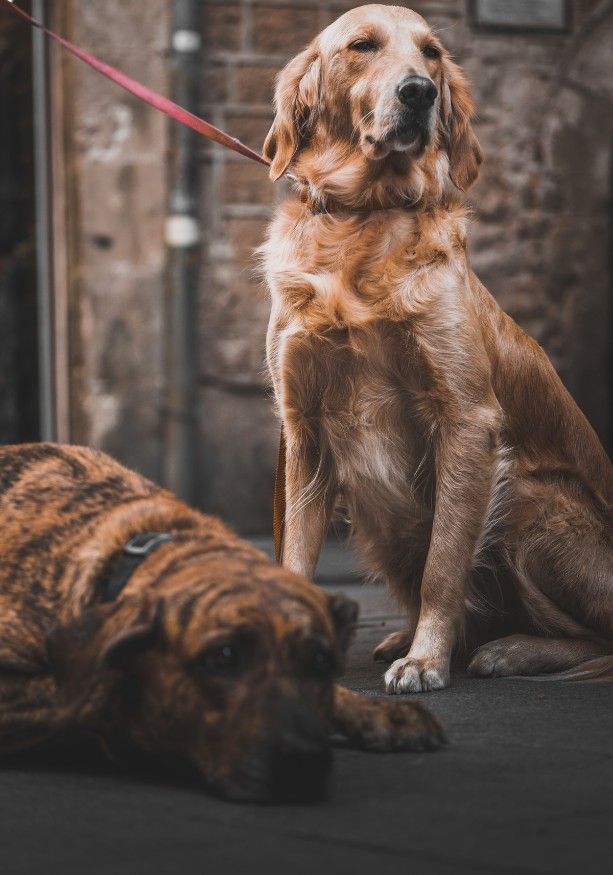
Guaranteeing a proper fit and care for your dog collar is crucial for their comfort and safety. An ill-fitting or poorly maintained collar can cause discomfort and harm to your dog, negatively affecting their well-being. By measuring your dog’s neck accurately, adjusting the collar to ensure a snug but not tight fit, and regularly cleaning and inspecting the collar for wear and tear, you can maintain the durability and effectiveness of your dog collar.
Adhering to these guidelines guarantees that your dog collar will stay in good condition, offering a comfortable and secure fit for your pup. Proper fitting and care for your dog collar can help prevent potential harm and ensure their comfort and safety during walks and other activities, making it an essential part of responsible pet ownership.
Measuring Your Dog's Neck
For a comfortable and secure collar fit, accurate measurement of your dog’s neck is imperative. Here’s how to measure your dog’s neck:
- Using a cloth measuring tape or a piece of string, position the tape measure or string around the center of your dog’s neck, making sure it is securely fitted but not too tight.
- Record the measurement in inches.
- Use this measurement to determine the appropriate size collar for your dog.
As an alternative method, you can measure a few inches down from your dog’s head and add an inch for small dogs or two inches for medium and large dogs.
Accurately measuring your dog’s neck and selecting the correct collar size guarantees a comfortable, secure and proper fit without causing any discomfort or harm. A properly fitted collar is crucial for your dog’s comfort and safety, so it’s essential to take the time to measure and select the right size collar for your pup.
Adjusting Dog Collars
Having the correct collar size, the next step is to adjust it for a snug but not overly tight fit. To adjust the collar, follow these steps:
- Slide the collar webbing through the ladder lock or buckle to loosen or tighten the collar.
- Insert your middle and index finger between the collar and your dog’s neck, ensuring a comfortable fit.
- Slide the collar to the correct position on your dog’s neck, making sure it is neither too tight nor too loose.
Periodically checking and adjusting the collar is essential, as your dog’s size or weight may change over time. Ensuring the collar remains properly adjusted can help prevent potential harm and ensure your dog’s comfort and safety during walks and other activities.
Cleaning & Inspecting the Dog Collar
Frequent cleaning and inspection of your dog collar are key to maintaining its durability and safeguarding your dog’s comfort and safety. Follow these easy to clean steps:
- Use a damp cloth to remove any dirt or debris.
- Check for any signs of wear and tear, such as fraying or cracking.
- If the collar is damaged or worn, it should be replaced to ensure your dog’s safety.
By regularly cleaning and inspecting your dog collar, you can keep it in good condition and ensure your dog’s comfort and safety during walks and other activities. Proper collar care is an integral part of responsible pet ownership and can help prevent potential harm to your best friend.
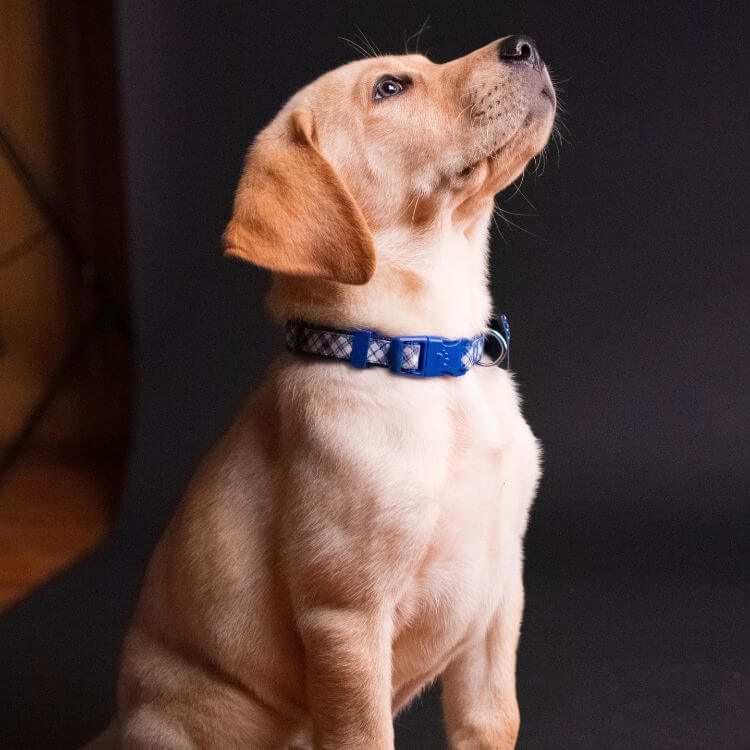
Summary
In this comprehensive guide, we’ve explored the various factors to consider when selecting the perfect collar for your dog, including size, breed, activity level, and specific needs. By understanding these factors and the benefits of different collar types, you can make an informed decision about which collar is best suited for your dog. Remember to avoid potentially harmful collar types like choke, prong, and shock collars, and consider gentler alternatives like harnesses, a martingale collar, or head collars that focus on positive reinforcement.
Choosing the right collar for your dog is an essential part of responsible pet ownership, ensuring their comfort, safety, and happiness. By considering your dog’s specific needs and selecting the appropriate collar type, you can build a strong, healthy bond with your canine companion and ensure their well-being for years to come.
Frequently Asked Questions
What type of collar is recommended for most dogs?
For most dogs, a standard flat collar with a quick release buckle and metal ring for attaching identification tags and leashes is recommended. Single layer dog collars are preferable since double-layered collars with cushioning can lead to increased pressure on the neck. Leather and nylon collars are also strong and durable options.
Is a flat or rolled collar better for dogs?
Flat collars are generally regarded as the strongest and most practical collar for everyday use, and are suitable for puppies that may need to be resized. Rolled dog collars may work well for long-haired or small dogs, but they do not come in as many options and may not be comfortable for senior dogs or dogs with short hair.
Using a harness is the best way to safely walk your dog, as it provides better control and reduces risk of injury. Harnesses are also easier on dogs than collars, helping to alleviate back pain and lessen the chance of pulling on your dog's throat.
What types of collars should I avoid for my dog?
It's best to avoid choke, prong, and shock collars for your dog, as these can cause potential harm and use negative training methods.
How do I measure my dog's neck for a collar?
Using a cloth tape measure or piece of string, measure around the center of your dog's neck, ensuring it is snug but not too tight. Record the measurement in inches to determine the dog collar size.
What is an e collar?
An e-collar, also known as an electronic collar or shock collar, is a type of training device used in dog training. It delivers electrical shocks of varying intensity and duration to the neck of a dog (via a radio-controlled electronic device incorporated into a dog collar). These shocks are intended to deter negative behaviors or train a dog to behave in a certain way.
However, the use of e-collars is controversial due to concerns about animal welfare. Critics argue that they can cause physical pain, fear, or anxiety in dogs, and prefer positive reinforcement training methods instead. Some countries have even banned their use. Always consider your pet's wellbeing and consult with a professional before deciding on a training method.
What is the best collar if a dog pulls?
The Humane Society suggests that a head collar could be a good fit for strong, energetic dogs who may jump and/or pull. The halter is around your dog's muzzle, instead of their neck, which can provide better control.
However, every dog is different and what works best if your dog pulls will depend on your dog's specific needs and behavior.
Limited Slip collar vs. martingale dog collar?
Limited slip collars and martingale collars are often used interchangeably because they serve similar purposes, but there are slight differences between the two.
Martingale Collar: A martingale collar is made with two loops. The larger loop is slipped onto the dog's neck and a leash is then clipped to the smaller loop. When the dog tries to pull, the tension on the leash pulls the small loop taut, which makes the large loop smaller and tighter on the neck, preventing escape. This type of collar is designed to prevent the dog from slipping out of it while not choking the dog. It's often used for training and control, but also for dogs whose necks are larger than their heads like Greyhounds.
Limited Slip Collar: Limited slip collars, also known as slip collars, are similar to martingales in that they tighten when a dog pulls and relax when a dog stops pulling. However, limited slip collars often have a built-in stopping point to ensure that the collar can’t tighten too much, hence the term "limited slip". They are designed to provide control without the choking effect of a traditional choke chain.
Thanks for Reading!
J
Related Reads:

